Love is supreme and unconditional; like is nice but limited
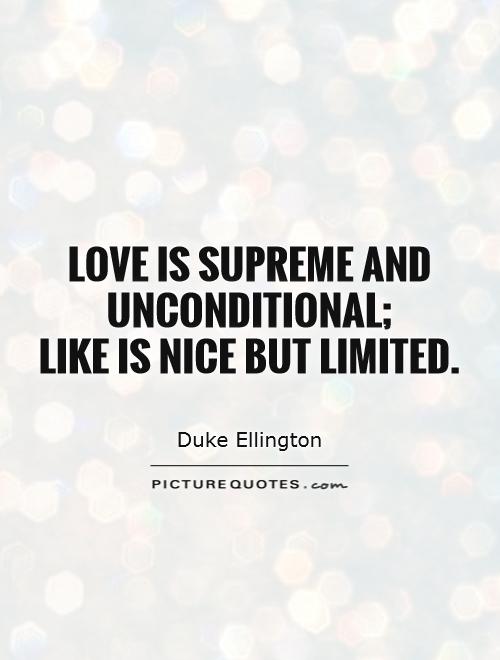
Love is supreme and unconditional; like is nice but limited
Duke Ellington, the legendary jazz musician and composer, once said, “Love is supreme and unconditional; like is nice but limited.” These words encapsulate the essence of his music and the way he approached life. Duke Ellington was known for his ability to convey deep emotions through his music, and his belief in the power of love as the ultimate force in the universe is evident in his work.In the context of Duke Ellington’s words, it is clear that he believed that love is the most powerful and enduring force in the world. Love is not bound by time or circumstance; it is unconditional and all-encompassing. In his music, Ellington often explored themes of love and relationships, using his compositions to express the complexities of human emotions. His music was a reflection of his belief in the transformative power of love, and he used it to convey the depth of his feelings and experiences.
On the other hand, Duke Ellington’s statement that “like is nice but limited” suggests that while like may be pleasant, it does not have the same depth or intensity as love. Like is superficial and fleeting, whereas love is profound and enduring. Ellington understood the difference between the two and recognized that while like may bring temporary pleasure, it is love that truly sustains and nourishes the soul.
In his music, Duke Ellington often explored the complexities of human relationships, delving into the depths of love and the fleeting nature of like. His compositions were a reflection of his belief in the power of love to transcend all boundaries and connect people on a deeper level. Through his music, Ellington conveyed the message that love is the ultimate force in the universe, capable of transforming lives and bringing people together in ways that like never could.


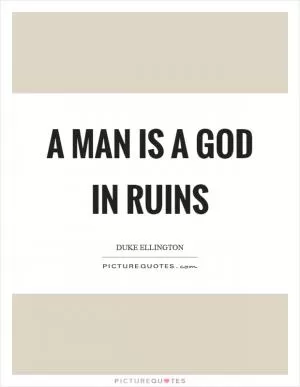
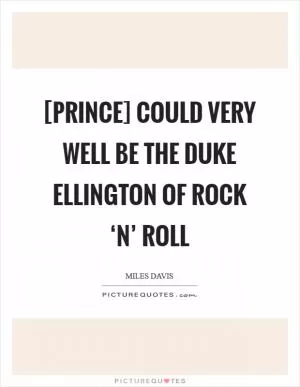



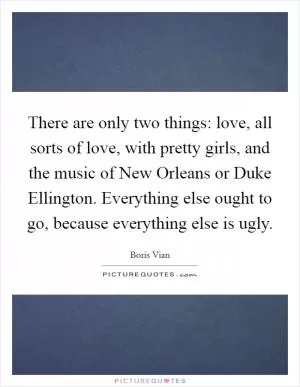



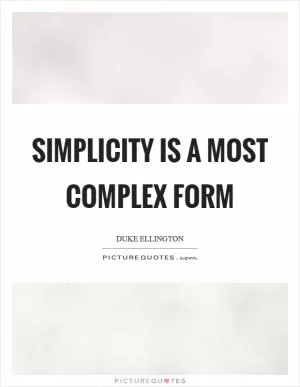
 Friendship Quotes
Friendship Quotes Love Quotes
Love Quotes Life Quotes
Life Quotes Funny Quotes
Funny Quotes Motivational Quotes
Motivational Quotes Inspirational Quotes
Inspirational Quotes